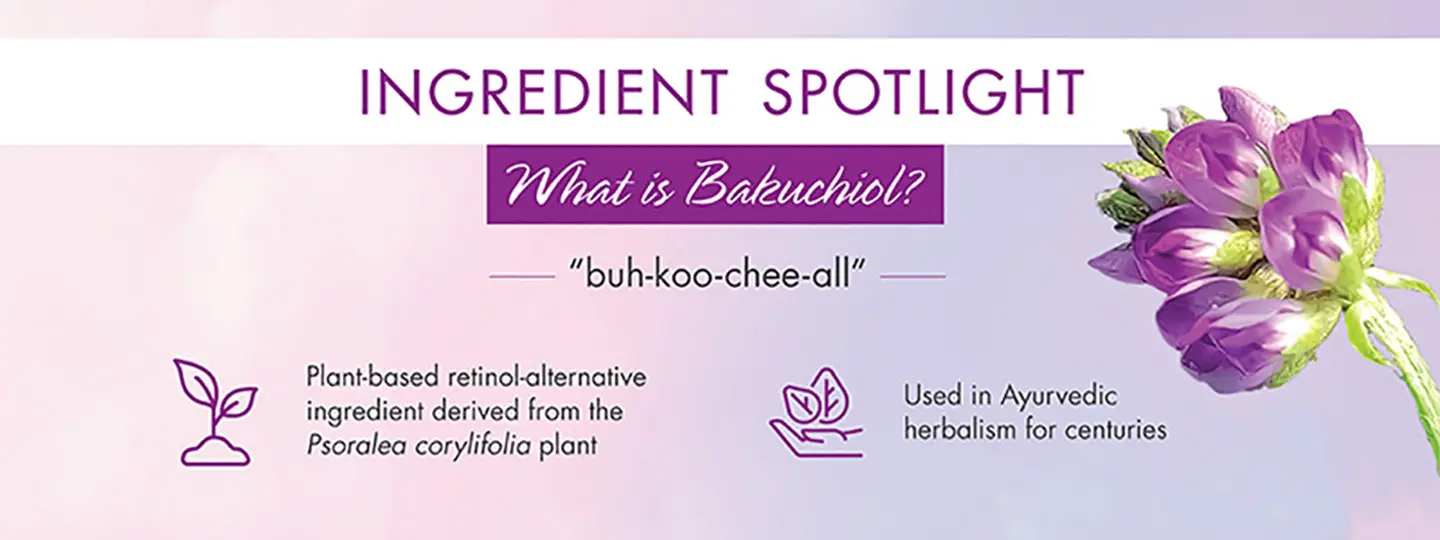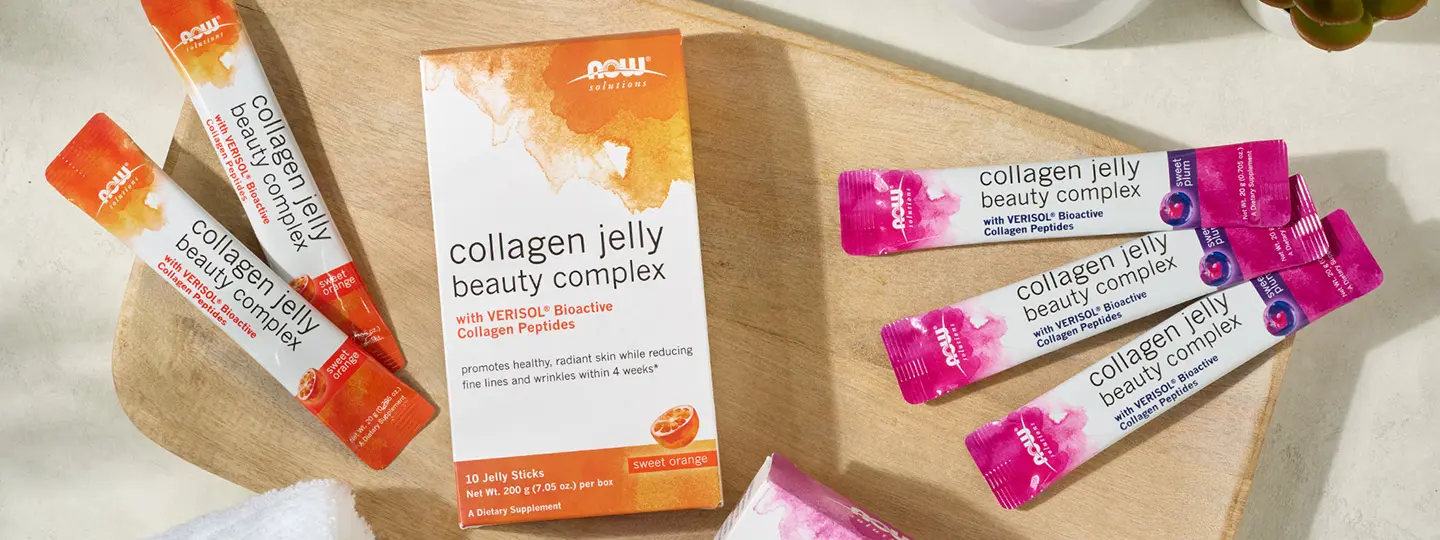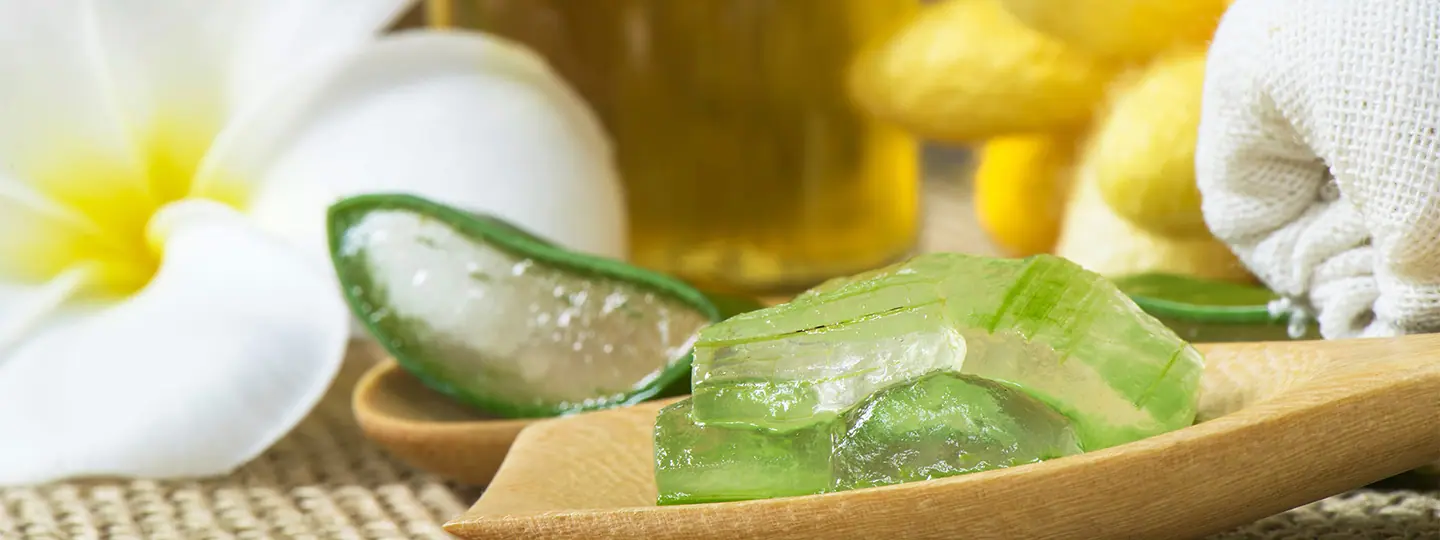The Science Behind Scented Cosmetics
The power of scent
The psychology of smell has been much studied, with the overall conclusion that aromas are very personal and touch us in deeply emotional ways. They will recall memories, affect our moods, and move us to action or inaction. Pleasant aromas make us feel good while unpleasant ones do not; they attract or repel.
Scents and natural cosmetics
Scenting cosmetics is a careful balance of both science and art. The primary reasons scents are added to cosmetics is to endow them with a desired unique identity in order to have them appeal to the consumer in an intimate, personal way, and to mask any unpleasant aromas of ingredients used in the cosmetic base.
In the course of developing a scent, marketing and sales may indicate that consumers desire a relaxing type of scent, requiring the chemist to create a soft floral scent, perhaps rose with a background of lavender and vanilla. Or the desired aroma may need to be more robust, requiring the chemist to create a stronger mint, fruit or herbal type of scent. Once the desired scent profile is achieved, other considerations of solubility, use level, cost, or restrictions of the cosmetic base formulation are then considered before the final formula is accepted.
The challenges of unscented cosmetics
It’s safe to say that you’ll probably never see unscented cosmetic bases available for purchase because of their unpleasant odors. You may see the occasional “scent-free” product, but these can be challenging to create. For example, the scent of certain cosmetic ingredients can also cover the unpleasant odors of the unscented base, while still performing their primary function. However, the chemist must take care in blending these ingredients so that the odors just cover those of the cosmetic base while still maintaining the base’s primary attributes.
We avoid synthetic scents whenever possible
A trend in the industry currently is the use of synthetic fragrances. These are scents that are very complex, requiring the use of many novel synthetic ingredients, sometimes with added natural ingredients. At NOW we do not subscribe to the use of synthetic fragrances. Instead, we use naturally derived scents comprised of natural essential oils, and, when required, other natural ingredients such as real vanilla extract.
The process of scenting natural cosmetics
A typical process of scenting a cosmetic can be described as follows. A profile type desired by the marketing and sales group is communicated to the cosmetics chemist. Once the odor profile and product performance information are established, the chemist will then have the information necessary to create the scent.
After experimentation to adjust and balance the scent with the newly created cosmetics base, samples are then submitted for in-house sensory testing by employees and consumers. A desired scent may require several adjustments before achieving the desired aroma profile.
Committed to natural
Of course, in a company that prides itself on the use of natural ingredients, NOW’s research and development chemists seek to formulate utilizing natural ingredients such as pure, premium-grade essential oils produced solely through steam distillation or cold pressing. You’ll see that our personal care formulas, such as XyliWhite™ toothpaste and mouthwash, follow this model by using natural menthol and pure essential oils in three ways: as active ingredients, as scents, and as flavoring agents.
Natural scents are also used in such products as NOW® shampoos and conditioners. We choose to use natural ingredients, and natural scenting agents tend to have a better, more complex aromatherapy or scent profile than synthetic agents.










